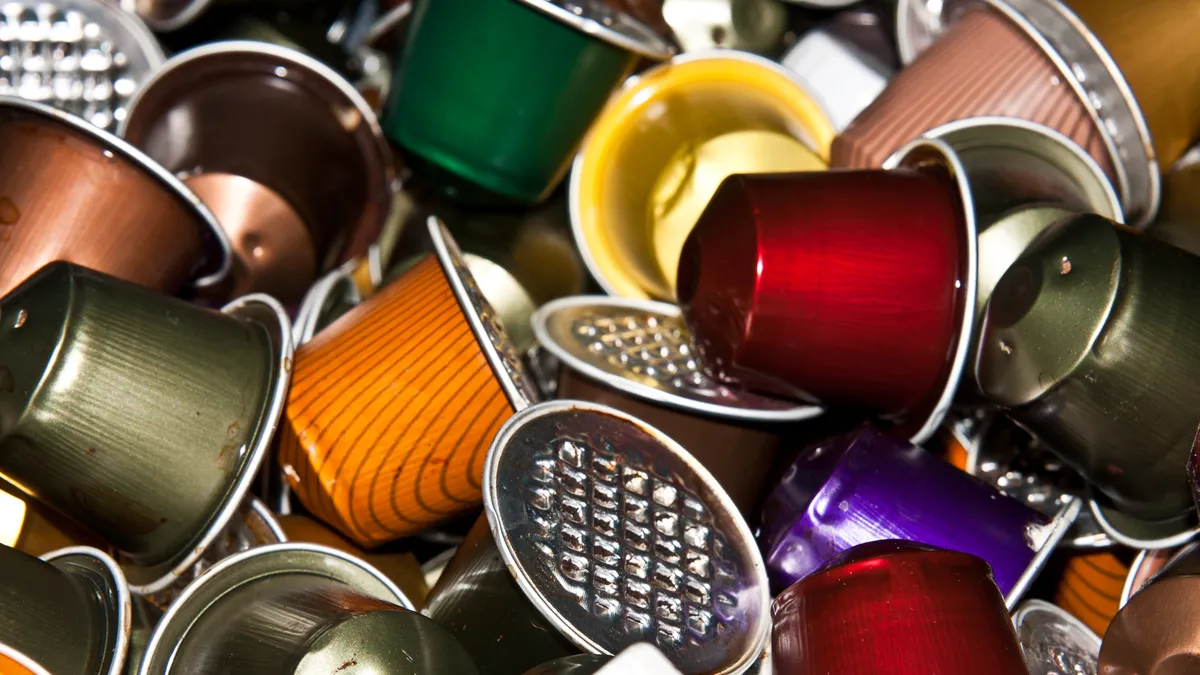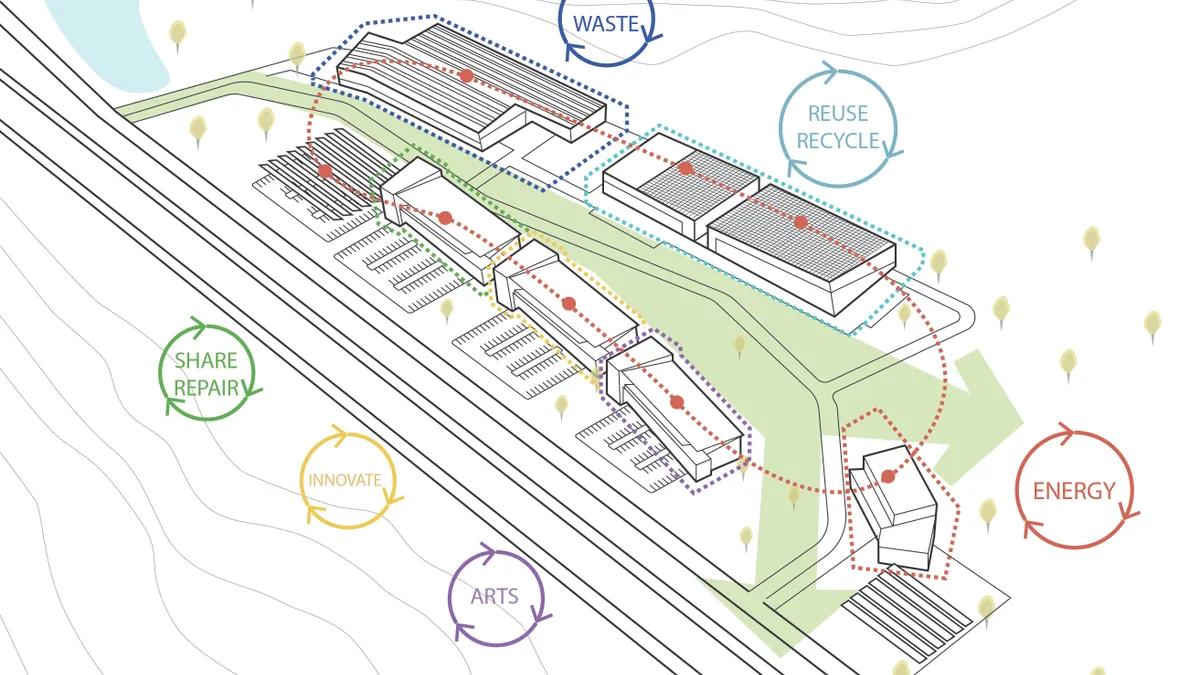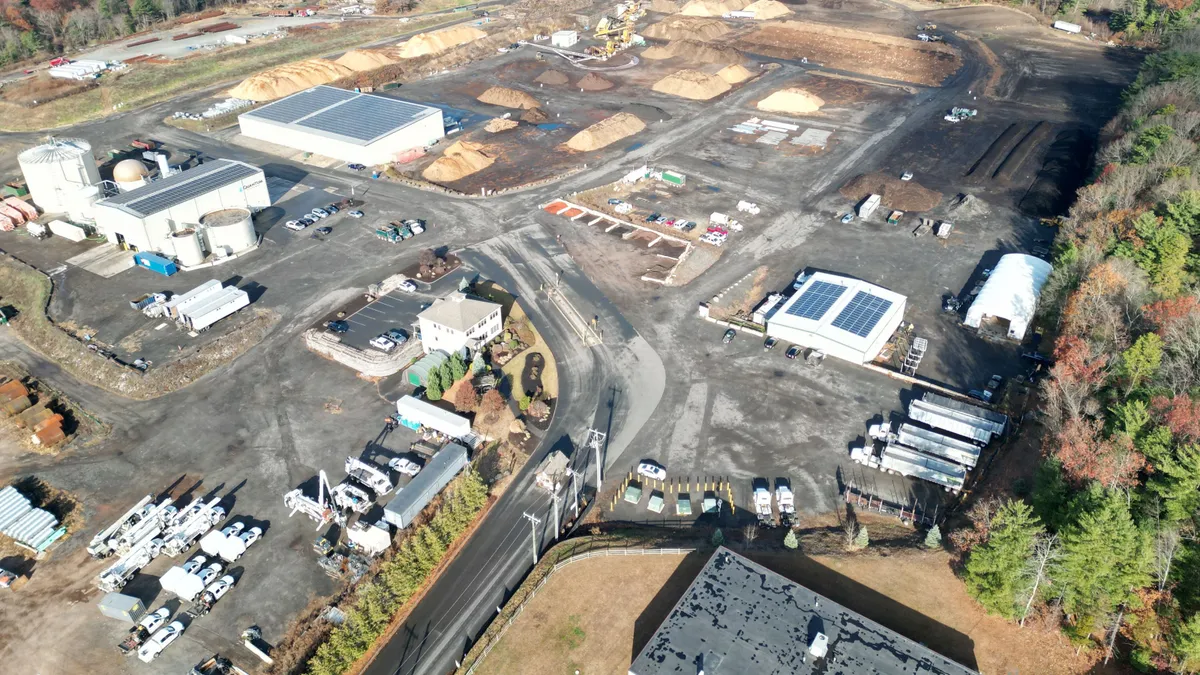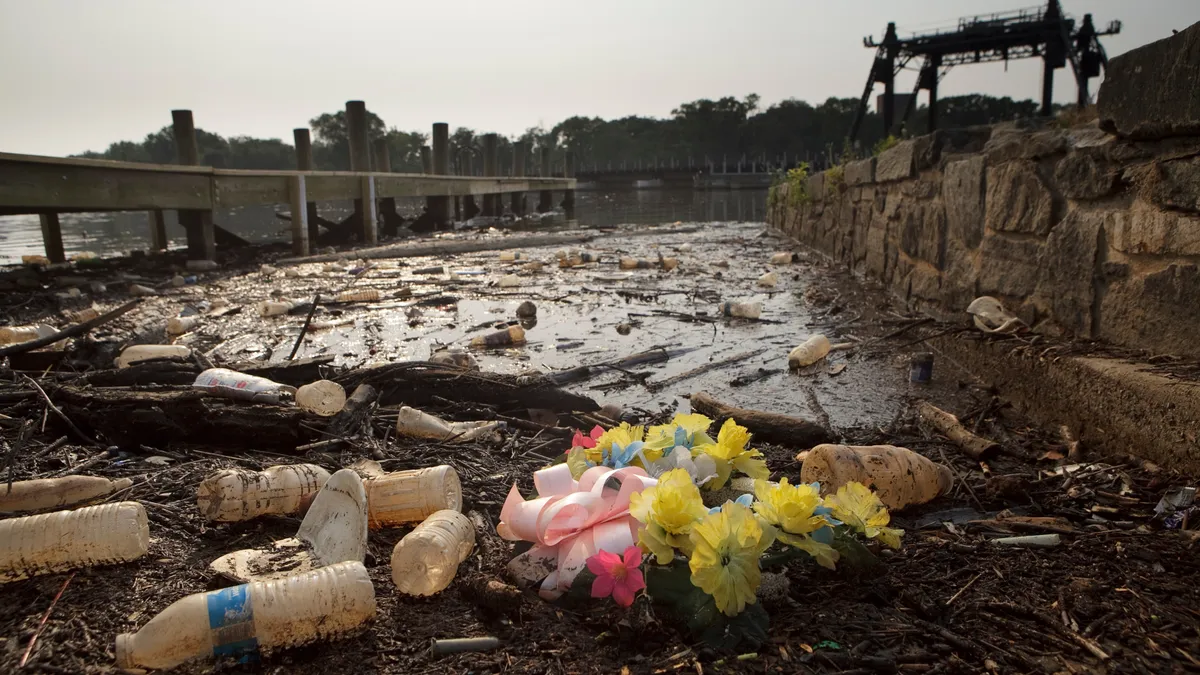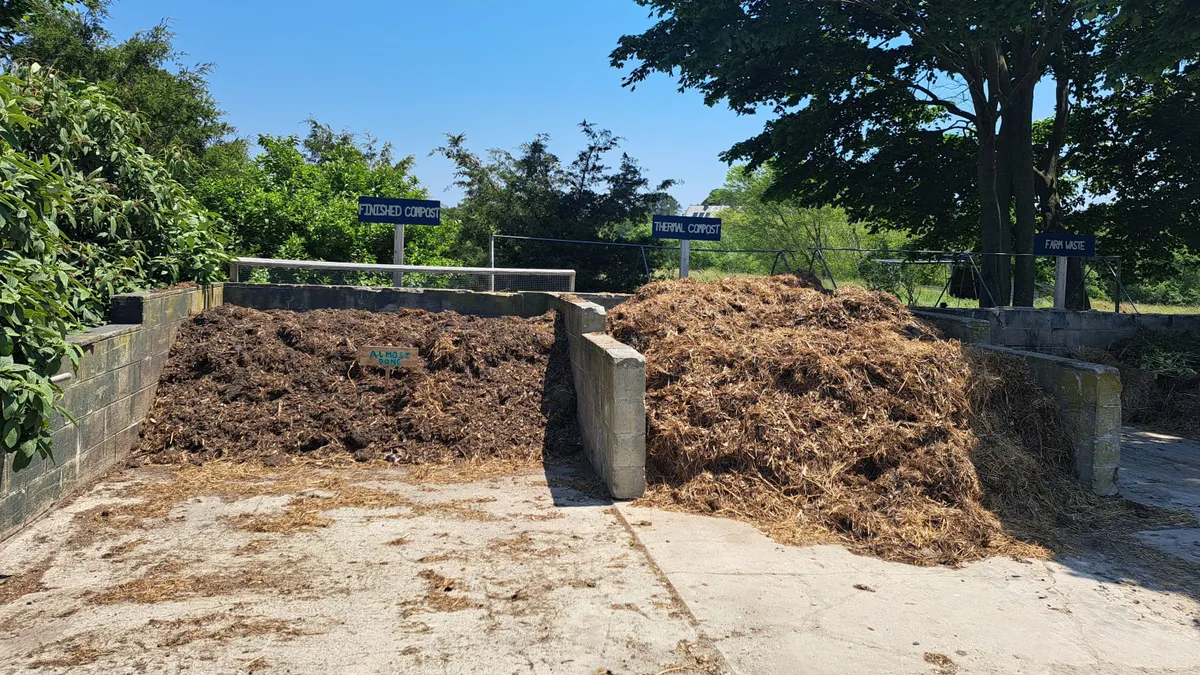Back in the early 1990s, Keurig Green Mountain founders John Sylvan and Peter Dragone were likely unaware that their invention of the single-serve coffee pod was about to disrupt the planet and an emerging market. In 2014 alone, the company sold 9.8 billion K-Cups, with most of its $4.7 billion in revenue generated that year through the throwaway capsules filled with freshly ground coffee.
Now in 2016, competitors have grabbed a sizeable chunk of the market, cranking out their versions of the product to cash in too.
Yet as the market adapts, many of these manufacturers are trying to capitalize on a new idea—fixing environmental problems created by original single-serve coffee pod products. The first pods were not recyclable nor were they completely biodegradable, which meant they were stockpiling on landfills fast—5 billion of them in 2011 alone. A YouTube video titled "Kill the K-Cup" claims that the wasted K-Cups just from 2014 could circle the globe 10.5 times.
Speaking of the single-serve coffee pod market, Brian Miller of Mother Parkers Tea & Coffee said, "It grew from nothing [16 years ago] to a market that is bigger than bags, cans, and instant coffee. You have to make single-serve or watch your sales decline." In North America, $4 of every $10 spent on coffee is for this product type, he estimates.
In their quests to satisfy opposing forces—people who demand convenience, and people who demand eco-friendly products—Keurig, Mother Parkers, and a few other companies have made efforts to engineer pods that are 95% to 100% recyclable. Many of them are still ironing out design issues and looking for ways to be sure that MRFs can handle them, which can be an especially daunting task since there are so many sorting systems with widely-ranging processing abilities.
Keurig will begin selling its new 100% recyclable polypropylene K-Cup this year, though it projects it will be 2020 before all of them are recyclable. Melitta currently sells completely recyclable products, while Nespresso claims some of their pods are being recycled it is hesitant to say how or how many. Rogers Family Company has a 100% compostable plant-based pod, which they say is nearly ready to roll out. Canada's G-Kup Coffee and Club Coffee also have 100% compostable products.
Most of the companies' pods have multiple parts, combining organic waste, plastics, and metals, and must be separated to be recycled. The question is, will consumers who are all about convenience take the time to do this? Mother Parkers, who manufactures pods for a few companies including Tim Hortons, says probably.
The company will have a more definitive answer later this year when they compile findings of a recently completed study, which will also reveal how well the pods fare in MRFs. But preliminary research shows that most cups coming into MRFs in British Columbia were properly disassembled by consumers, and a good majority landed in the right stream for recovery, said Miller.
That has been the challenge for Mother Parkers: to build recyclability and separation into a product and package that is designed as one unit.
"It’s not like taking a wrapper off a candy bar," Miller said, explaining the company had to find a way to accomplish three things: ensure it works in the brewer, retains freshness, and can be taken apart and recycled.
"We had to make a precise perforation that’s deep enough to separate [the components] but not so deep it introduces oxygen in the coffee. And we had to make the lid at the right strength so the capsule doesn’t burst when you brew, yet, again, is easily separated," Miller said.
What they’ve come up with is a 55-cent to 75-cent pod where consumers snap the tab on top, peel the lid from the cup, and separate the filter. They recycle the polystyrene cup (where polystyrene is accepted), and compost the coffee grounds.
As some companies tweak their pods and spin out new ones, others are selling innovations to make existing products more eco- and user-friendly. Terracycle developed a system to separate each of the pod components and see that they go on to their next life; The metal is smelted and recycled, plastic is molded into new products, and organics (coffee grounds) are composted. And Medelco describes on their website a device that cuts and separates used pods for recycling, which works with most K-Cup pods and similar brands. They also make a single-serve reusable coffee filter basket—a fresh-brewing alternative to disposable, prepackaged pods.
Mother Parkers chose to make their product recyclable rather than compostable because of the limited infrastructure for the latter process. Most regions in the US have no compost infrastructure, Miller said. And the company he works for discovered composters didn’t want plastics in their streams.
"We were hearing no one will separate them for recycling," he said. But so far in British Columbia, where the company is collaborating with the government to try and make it work, clear package instructions and good marketing are making an impact.
"Consumers don’t change overnight, but through our efforts we saw a large increase...We need to encourage people to recycle, to explain why they should do it, and show them how."


